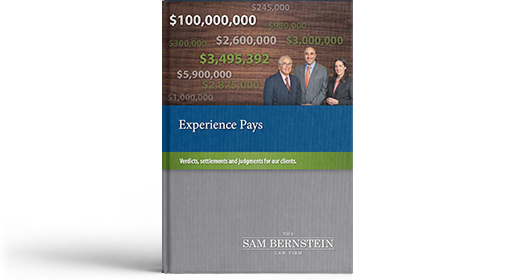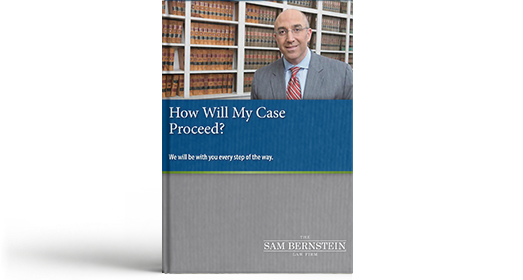PEDESTRIAN ACCIDENT ATTORNEYS
If you or a loved one were injured in a pedestrian accident, contact The Sam Bernstein Law Firm to get the compensation you deserve.
WHY YOU NEED A PEDESTRIAN ACCIDENT LAWYER IN MICHIGAN
Over the last decade, our streets have become increasingly dangerous for pedestrians. In Michigan last year, 148 pedestrians were killed and another 1,979 were injured in 2,203 accidents across the state. What is more, pedestrian and bicyclist fatalities nationwide increased by 32% over the last decade.
WE CAN HELP YOU WIN THE COMPENSATION YOU DESERVE
If you or a loved one has been injured in a pedestrian accident, you may be entitled to significant compensation. Even if you cannot determine who was at fault, your medical expenses may be covered by a Michigan No-Fault policy.
All No-Fault policies include Personal Injury Protection (PIP) benefits, which cover reasonable and necessary medical expenses, including home care, for as long as you need treatment. PIP benefits also pay a portion of lost wages for up to three years if you are unable to work as a result of the accident.
You may also be eligible for pain and suffering damages, which can be substantial. (A thorough explanation of Michigan No-Fault law can be found in the question-and-answer section below.)
However, Michigan No-Fault law is complicated, and filing a successful claim requires the resources and expertise of an experienced law firm. To protect your legal rights and receive what you deserve, you need a knowledgeable legal team that understands the complexities of pedestrian accident claims. Contact Michigan's most experienced personal injury law firm today for a free, no-obligation consultation.
WHY PEDESTRIAN ACCIDENTS ARE SO DANGEROUS
The growing popularity of SUVs, combined with the rapidly increasing numbers of distracted drivers and walkers, has put pedestrians more at risk than ever.
In addition, the average car weighs about 3,000 lbs., while vans, trucks and SUVs weigh even more. Therefore, pedestrians are more likely to be killed or injured severely because they have no protection against this powerful impact.
Furthermore, pedestrians who do survive an accident often need hospitalization, multiple surgeries, rehabilitation therapy and long-term medical treatment. Sadly, some victims never fully regain their ability to return to their pre-accident activities. They may be unable to attend school, go to work or resume family responsibilities and relationships. Some individuals require help with personal care and other normal activities of daily living for the rest of their lives.
WHO IS AT FAULT IN A PEDESTRIAN ACCIDENT?
When a car strikes a pedestrian, the driver of the vehicle is not necessarily at fault for the accident.
The driver may be unable to avoid hitting a pedestrian who suddenly darts out in front of their vehicle. This is especially true if the pedestrian is jaywalking or disobeying traffic signals.
On the other hand, a driver who disobeys a stop sign or red light, or fails to yield or stop at a crosswalk, may be responsible. The same is true of drivers who are speeding or distracted by a cell phone or other device.
DON’T SETTLE FOR LESS THAN YOU DESERVE
Contact one of our skilled pedestrian accident lawyers before you speak with an insurance adjuster. Often, insurance companies try to pressure victims into accepting a quick (and usually inadequate) settlement. While you may be tempted to take their offer, we don’t recommend this for a variety of reasons.
- Immediately after an accident, it’s difficult to know the full extent of your injuries. If your recovery is slow, your physician may prescribe a different treatment or additional physical therapy. You may have persistent pain or an injury that does not heal
- Like most accident victims, you may not realize what damages you are entitled to under Michigan No-Fault law. You may be entitled to non-economic damages such as pain and suffering
- Once you settle a claim and sign insurance papers, you cannot go back and ask for additional compensation if your injuries prove to be more serious
- Finally, studies show that injured parties who hire qualified accident lawyers achieve better financial outcomes than those who attempt to represent themselves
Our experienced pedestrian accident lawyers are ready to help you win the compensation you deserve. Together, they bring over 600 years of combined legal experience making us Michigan's most experienced personal injury law firm.
Get started now. Submit this simple form for your free consultation.
MORE INFORMATION ON PEDESTRIAN ACCIDENTS:
WHAT ARE THE LEGAL ISSUES REGARDING PEDESTRIAN ACCIDENT CASES?
Pedestrian fatalities and injuries have risen dramatically over the past decade. Transportation experts attribute this upsurge to the growing quantity of SUVs on the road and the increased numbers of distracted drivers and walkers.
Despite these factors, motorists and pedestrians are responsible for obeying the rules of the road and exercising reasonable care. A drivers or pedestrian who fails to exercise reasonable care may be considered negligent.
DETERMINING WHO IS AT FAULT
Under Michigan No-Fault law, an injured party may receive damages for pain and suffering only if they are less than 50% at fault for the accident. Therefore, proving negligence can be an important part of an accident claim, especially when one or more people are seriously injured.
The following actions may cause a driver to be deemed negligent:
- Distracted driving
- Speeding
- Failing to yield to a pedestrian who has the right of way at a crosswalk
- Disobeying traffic signals and signs
- Failing to signal before turning
- Driving unsafely in hazardous weather or traffic conditions
- Driving under the influence of drugs or alcohol
- Disobeying speed limits and other traffic rules in areas where children are present; such as schools, parks and residential areas
A pedestrian might be considered negligent for the following actions:
- Jaywalking
- Crossing the street against traffic control signals
- Crossing freeways, highways or other roadways without traffic signals or crosswalks
- Walking in areas where pedestrians are prohibited by law; such as freeways, highways, and certain bridges
COMPARATIVE NEGLIGENCE
Michigan law allows an injured person to collect non-economic damages (pain and suffering) from the at-fault party only if they are less than 50% at-fault for the accident.
When both the pedestrian and the driver are negligent, the modified "comparative negligence" rule applies. This means the non-economic damages awarded to the plaintiff may be reduced according to the degree they were negligent.
Occasionally, the municipality that governs the city or town where the accident occurred may be responsible. This could be the case a traffic signal malfunctions or a crosswalk is situated in a location that is dangerous for pedestrians.
Regardless of the circumstances, your case will be more successful with a qualified pedestrian accident lawyer on your side.
Contact us today to schedule your free consultation.
WHAT ARE THE MICHIGAN PEDESTRIAN CROSSWALK LAWS?
Surprisingly, Michigan does not have a specific law regarding the use of crosswalks. Therefore, most municipalities use the Michigan Uniform Traffic Code. This code addresses crosswalks as follows:
"When traffic-control signals are not in place or are not in operation, the driver of a vehicle shall yield the right-of-way, slowing down or stopping if need be to so yield, to a pedestrian crossing the roadway within a crosswalk when the pedestrian is on the half of the roadway on which the vehicle is traveling…"
What does this mean to pedestrians and drivers?
Generally, pedestrians have the right of way when they are:
- Walking on the same side of the roadway as an approaching vehicle
- Walking lawfully in a crosswalk; e.g., obeying "walk" signals and other traffic rules
While drivers are required to yield to pedestrians who are crossing legally, they do not have to come to a full stop.
Pedestrians do not have the right of way when they:
- Suddenly enter the crosswalk in the path of a moving vehicle
- Cross outside of a designated crosswalk
- Cross illegally, such as disobeying a "don’t walk" signal
- Are waiting on the curb of a crosswalk
To complicate matters further, some Michigan municipalities have adopted their own pedestrian-friendly ordinances. For example, Ann Arbor motorists are required to come to a full stop for pedestrians who are in a crosswalk or waiting on the curb. Grand Rapids and Traverse City have similar statutes.
In addition, crosswalk laws are not the same in every state. Therefore, when traveling outside Michigan, or visiting other Michigan municipalities, it’s a good idea to learn the local crosswalk ordinances.
And, if you or a loved one was injured in a pedestrian accident, our experienced legal team is ready to help you win the compensation you and your family deserve. Contact us today to schedule your free consultation.
HOW DOES NO-FAULT INSURANCE WORK?
No-Fault insurance basically means what the name implies. If you are injured in an accident, your own insurance policy covers your medical expenses and other related costs even if you were at fault. These are considered first-party benefits, which include Personal Injury Protection (PIP) and Property Protection Insurance (PPI).
PERSONAL INJURY PROTECTION (PIP) BENEFITS INCLUDE THE FOLLOWING:
Lifetime coverage of:
- 100% of reasonable and necessary medical costs
- Attendant or nursing care in the victim’s home
- Mileage for medical appointments
- Medications
- Rehabilitative services
Coverage for up to three years:
- 85% of lost wages
- Survivor loss benefits
- Up to $20/day for replacement services such as household chores or yard work the victim is unable to do as a result of the accident
NON-ECONOMIC OR THIRD-PARTY DAMAGES:
An accident victim may be entitled to non-economic damages, also known as "third-party" benefits. These include bodily injury and property damage.
BODILY INJURY
Compensation for bodily injury is only available to drivers who were less than 50% at fault for the accident. While the most common category of non-economic damages is the victim’s pain and suffering, family members may also be eligible for damages such as a "loss of consortium" or companionship.
To recover these damages, the victim must file a claim against the at-fault driver. What is more, bodily injury compensation is reserved for the most critical situations, a condition the law considers to be a "threshold injury."
Under Michigan law, there are three types of threshold injuries:
- Death
- Permanent and serious disfigurement
- Serious impairment of body function
On June 11, 2019 the law was changed to include stricter thresholds for "serious impairment of body function." Victims must prove their injuries meet this new legal standard in order to win a case against a negligent driver. And, insurance companies and their attorneys often make this more difficult by claiming the victim’s injuries do not meet the legal requirements for threshold injuries.
In addition, although an injury may be severe, the amount of compensation is typically limited to the coverage provided by the responsible person’s insurance policy. The current minimum liability limit is $20,000 per person/$40,000 per accident. However, depending on the insured’s policy, additional coverage may be available.
Furthermore, if a case goes to trial, the court may award the victim an amount that exceeds the insured’s policy limits. In that case, the defendant would be personally responsible for the uninsured amount.
Because these cases involve complex legal issues, it’s important to contact us immediately if your injuries affect your ability to live your normal life.
PROPERTY PROTECTION INSURANCE (PPI) COVERAGE:
No-Fault policies include coverage up to $1,000,000 for the damage an at-fault driver causes to another person’s car or property. PPI coverage only applies to damage that is not covered by insurance.
HOW LONG AFTER AN ACCIDENT CAN I BRING A CLAIM?
Michigan has a strict statute of limitations for filing claims or lawsuits following an accident. If you fail to meet the prescribed deadlines, you may not be able to receive the compensation you are entitled to.
Injured persons have one year to file a claim for Personal Injury Protection (PIP) benefits. This includes reimbursement for expenses such as wage loss, medical bills, attendant care, mileage, lost wages and replacement services. Medical and related expenses are covered for life, while lost wages and replacements are covered for up to three years. However, victims must file a claim within one year of incurring the first accident-related expense in order to receive these benefits.
Moreover, victims have three years from the date of an accident to file a claim for non-economic benefits such as pain and suffering. These third-party benefits, which can be substantial, are paid by the insurer of the driver or vehicle that was at fault for the accident. Victims are entitled to these damages only if they were less than 50% at fault for the accident.
In addition, minors have until one year after their 18th birthday to file a claim, regardless of when the accident occurred. There are other exceptions for military personnel, mentally incapacitated individuals and survivors of those killed in a car accident.
However, to make the strongest case, it’s important to begin as soon as possible while witnesses and evidence are still available. Contact our experienced legal team today for a free consultation so we can help you win the compensation you deserve.
WHAT DO I NEED TO WIN MY ACCIDENT CASE?
To receive non-economic damages such as pain and suffering, victims must prove they have suffered a "threshold injury," which Michigan law defines as: "…serious impairment of an important body function, serious disfigurement or scarring, or death."
It is common for the insurance company and their attorneys to avoid responsibility by asserting an injury does not meet this legal requirement.
However, if you have injuries that affect your ability to live your normal life, then contact our office to protect your rights and receive the compensation you deserve. Get The Bernstein Advantage® today!.
WILL MY MEDICAL BILLS BE COVERED FOR LIFE?
Yes. Michigan No-Fault law provides unlimited lifetime coverage of all reasonable and necessary medical expenses incurred as a result of a car or truck accident.
However, many factors may complicate payment of your medical bills. To qualify for medical expense reimbursement, a medical bill must be reasonable (in cost and necessity). In addition, you must actually have incurred the expense, meaning you must have already completed the appointment or procedure. The law does not provide pre-payment of future or estimated bills.
Also, insurance companies often try to avoid paying certain bills by disputing the amount or questioning whether a test or procedure ordered by your physician was medically necessary.
This is yet another reason you need a knowledgeable accident lawyer on your side. If you have questions about the way these complex issues apply to your situation, contact us now.
Two types of medical coverage are available under Michigan No-Fault insurance:
- Uncoordinated benefits
- Coordinated benefits
A coordinated policy requires your primary health insurance company to pay first. Then, your No-Fault insurance will pay what your primary health insurer does not cover. Your auto insurance policy states which type of benefits you have.
Nonetheless, it’s common for a primary health insurance policy and an auto insurance policy to contain contradictory language regarding which company is responsible. In addition, the two insurance companies may disagree about which policy is the primary payer.
On the other hand, an uncoordinated policy pays benefits, regardless of the presence of other health insurance.
If you are experiencing difficulty getting reimbursed for your medical bills in a timely manner, it is important to contact us immediately.
CAN I RECOVER LOST WAGES IF I’M UNABLE TO WORK?
Yes. The Personal Injury Protection (PIP) benefits provided by your Michigan No-Fault policy cover up to 85% of your lost wages if you are unable to work as a result of the accident. This benefit is tax-free; however, it is limited to three years. In addition, there is a monthly cap, which is revised annually, on the amount you may receive.
Contact us for help addressing issues relating to lost wages and other No-Fault benefits.
WHO WILL TAKE CARE OF ME WHILE I’M RECUPERATING AT HOME?
ATTENDANT/NURSING CARE
Your Personal Injury Protection (PIP) benefits cover attendant care and nursing services if you need assistance while recovering at home. If you are severely injured, you may even need 24-hour care. Fortunately, your No-Fault policy will pay for these services as long as they are medically necessary.
In addition, a family member who is helping to take care of you may be entitled to reimbursement. While No-Fault law does not specify an hourly rate for a caregiver, the amount typically reflects the type and complexity of the services you receive.
REPLACEMENT SERVICES FOR CHORES AND ERRANDS
Your injuries may prevent you from performing your usual household chores and errands. If so, your No-Fault coverage will reimburse you up to $20 per day for up to three years if for replacement services. Some of these services may include housework, lawn cutting, grocery shopping and meal preparation.
Your physician may need to provide a written statement identifying the tasks you are unable to do on your own.
Contact us for help with any issues relating to replacement services or other No-Fault benefits.
WHAT IF I’M HIT BY A DRUNK DRIVER?
If you are injured by a drunk (or drugged) driver, you may have several legal options available, depending on the situation.
First, you are entitled to the same Personal Injury Protection (PIP) benefits as any other accident victim covered by a No-Fault policy. For those who do not have No-Fault insurance, there is an "order of priority" that specifies the chain of responsibility.
In addition, depending on the severity of your injuries, you may also be entitled to non-economic damages such as pain and suffering. To recover these damages, which are often substantial, you will have to file suit against the insurance company of the at-fault driver. You will also have to prove you have suffered a "threshold injury."
This is defined by Michigan law as: "…serious impairment of an important body function, serious disfigurement or scarring, or death."
Insurance companies typically try to dispute these claims to avoid paying out large settlements to seriously injured victims. Therefore, you will have to provide extensive documentation and fill out numerous forms, tasks that are best handled by a skilled attorney.
Finally, you may have grounds for a "dramshop" claim. This is the legal term for a lawsuit against a liquor store, bar, or other business, which illegally sold alcohol to the person whose unlawful behavior caused an accident. Under Michigan law, it is illegal to sell alcohol to a minor (under age 21) or to an adult who is visibly intoxicated. Dramshop claims must be filed within 120 days after the victim retains an attorney.
For all of the above reasons, it’s crucial to contact us immediately if your accident involved a drunk driver.
AM I ENTITLED TO REIMBURSEMENT FOR TRANSPORTATION TO AND FROM MEDICAL APPOINTMENTS?
Yes. Medical treatment, tests, and rehabilitative services often require travelling long distances on a regular basis. The Personal Injury Protection (PIP) benefits provided by every Michigan No-Fault policy include reimbursement for mileage traveled to and from medical appointments. Other expenses such as parking fees or tolls may also be covered. In addition, those who cannot drive due to their injuries may be reimbursed for other means of transportation such as cab or Uber rides.
WHAT ARE "UNINSURED" AND "UNDERINSURED" COVERAGES?
Uninsured motorist coverage allows victims to collect benefits from their own insurance company when the at-fault driver is uninsured. This coverage also applies to accidents where the at-fault party could not be identified, such as a hit-and-run driver. While uninsured coverage is not required under Michigan law, it is recommended.
Underinsured motorist coverage provides an additional source of funds to cover expenses for serious injuries when the at-fault driver has insufficient coverage. While they may be purchased together, uninsured coverage does not automatically include underinsured coverage.
These claims are complex and require the expertise of a knowledgeable accident attorney. If you settle a claim too quickly, you could forfeit your right to additional compensation. That’s why you should contact us immediately if your accident involved an uninsured or underinsured driver.
WHO PAYS FOR THE BENEFITS I RECEIVE UNDER MICHIGAN NO-FAULT LAW?
Personal Injury Protection (PIP) benefits LINK to PIP SECTION? are typically covered by the injured person’s own No-Fault policy. These include medical bills, attendant care, lost wages and replacement services.
However, not every victim is covered by a No-Fault policy. Consequently, Michigan law includes an "order of priority" that specifies who is responsible for a victim’s injury-related expenses.
- The victim’s own No-Fault policy
- The insurance company that covers a resident relative of the victim (i.e. spouse, parent, or sibling)
- The insurance company that covers the owner of the other vehicle involved in the accident
- The insurance company that covers the driver of the other vehicle involved in the accident
- The Michigan Assigned Claims Plan (MACP)
The Michigan Assigned Claims Plan (formerly called the Michigan Assigned Claims Facility) is the state agency that helps uninsured victims receive coverage for their injuries. Visit www.michacp.org to apply for these benefits.
This order of priority changes if you were injured while riding a motorcycle, which is not considered a motor vehicle under Michigan No-Fault law.
Non-economic damages, such as pain and suffering, are paid by the insurance company of the at-fault driver. However, to recover these damages, you must file a claim against the at-fault driver within the specified time limit. Victims will also have to provide extensive documentation proving their injuries are severe enough to meet the legal threshold. That’s why you should contact us immediately if you were seriously injured in an accident where another driver was at fault.
Client reviews

"THEY KEPT ME UPDATED."
- Veronica, Actual Client

"I WILL BE FOREVER GRATEFUL."
- Tim, Actual Client

"I FELT LIKE I WAS A PART OF THE FAMILY"
- Terrence, Actual Client

"VERY PROFESSIONAL & KNOWLEDGEABLE"
- Sherry, Actual Client

"PASSIONATE, COMPETENT, COMMITTED"
- Actual Client

"THEY STAND BY THEIR WORD."
- Actual Client

"KIND & COMPASSIONATE"
- Nancy, Actual Client

"YOU CAN TRUST THEM 100%."
- Michael, Actual Client

"HONEST, CARING, SUPPORTIVE."
- Janice, Actual Client

"THEY TOOK PERSONAL INTEREST IN ME."
- Janice, Actual Client

"I KNEW I WAS IN GOOD HANDS"
- Jerry, Actual Client

"NUMBER ONE PERSON I'D RECOMMEND."
- Actual Client

"SAM'S GOT YOU COVERED."
- Chris, Actual Client
RECOMMENDED READING
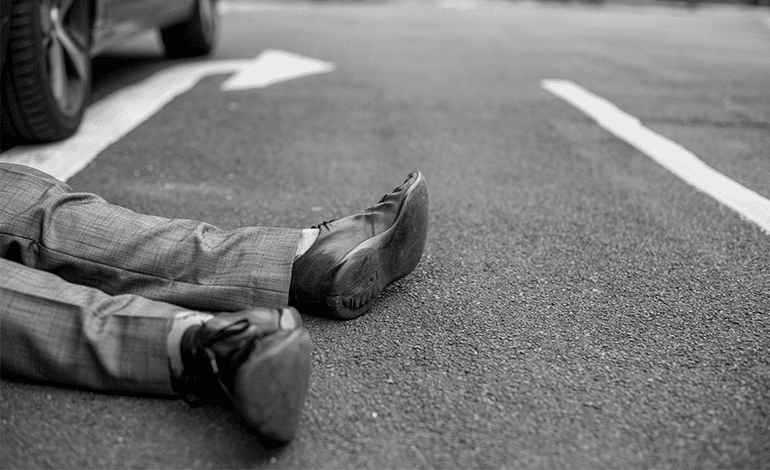
MICHIGAN PEDESTRIAN ACCIDENT DEATHS ROSE IN 2023 D...
Every day, approximately 18 pedestrians leave home and never Read more…
April 9, 2024

THE LATEST FACTS ABOUT MICHIGAN PEDESTRIAN ACCIDEN...
Last year, the nationwide pedestrian death toll reached a 40 Read more…
January 30, 2024
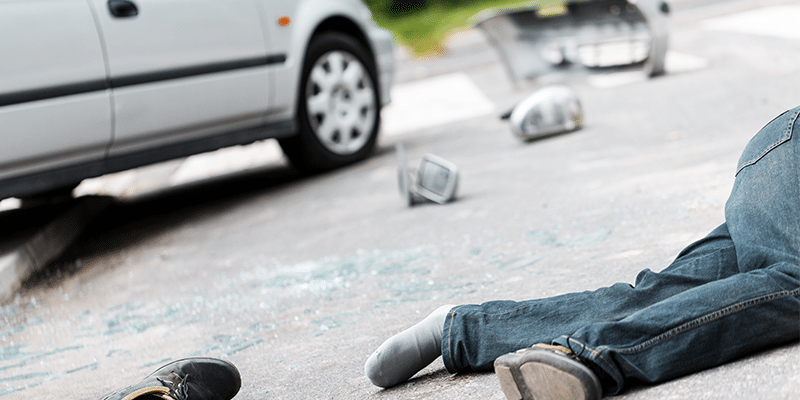
PEDESTRIAN DEATHS HIT A HORRIFIC NEW HIGH...
Pedestrian deaths reached an alarming pinnacle of 7,500 fata Read more…
July 27, 2023
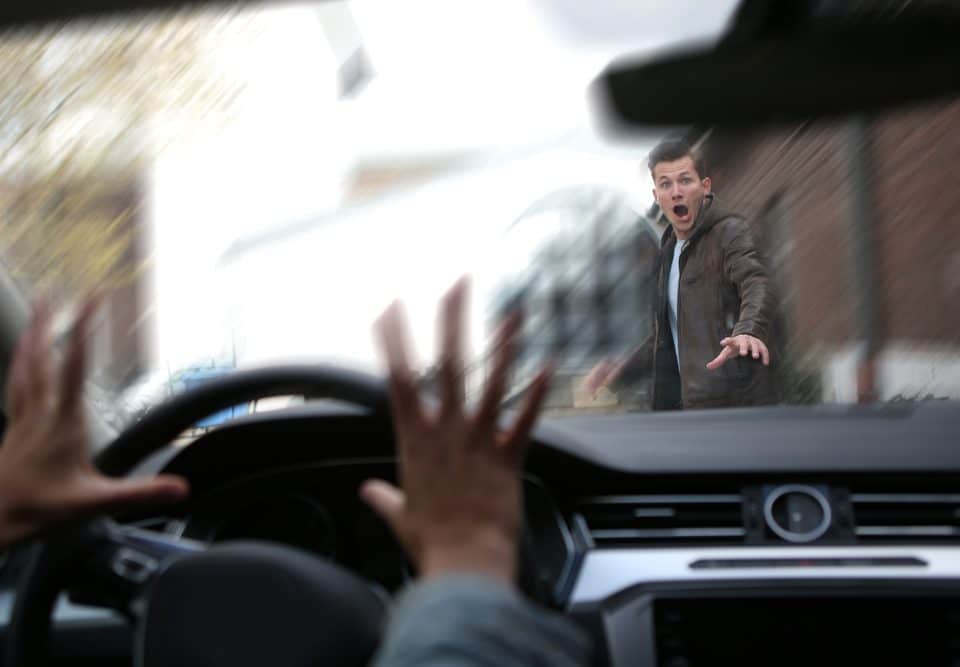
MICHIGAN PEDESTRIAN DEATHS REACH RECORD HIGHS DESP...
Walking is an excellent way to get exercise and reduce trips Read more…
October 27, 2022
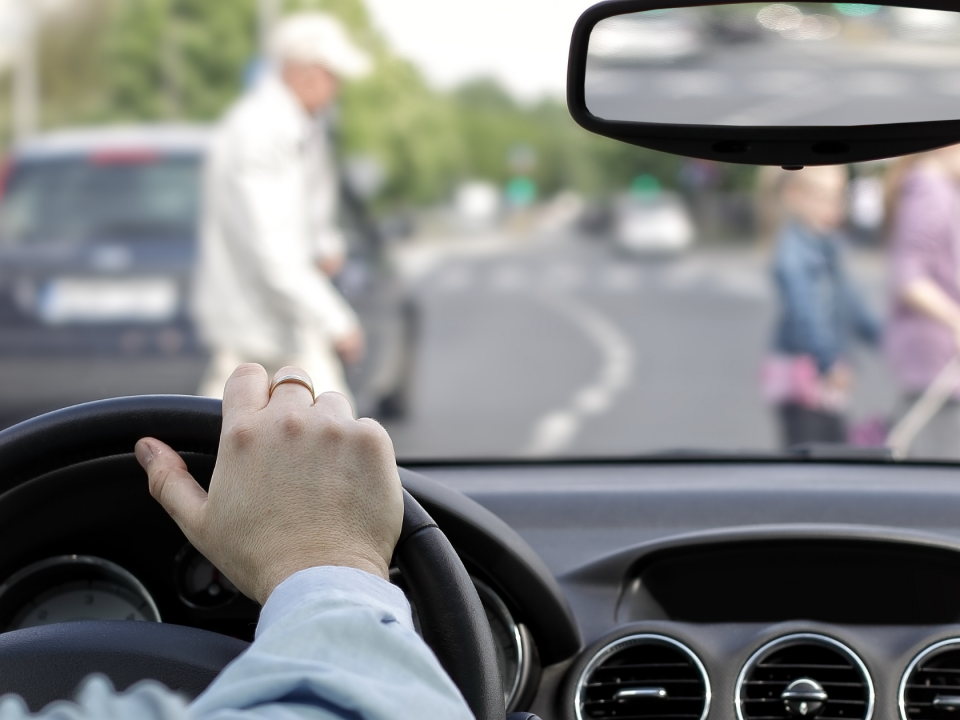
Pedestrian Deaths Increased Dramatically in 2020 D...
Pedestrian accidents and deaths rose to an unprecedented hig Read more…
May 25, 2021

Can I Opt Out of Personal Injury Protection (PIP) ...
Under the previous No-Fault insurance system, which was adop Read more…
July 24, 2020

Does the New Michigan No-Fault Law Cover Out-of-St...
As the pandemic continues, many people have chosen to forego Read more…
July 21, 2020

How Michigan Drivers Can Get the Cheapest No-Fault...
https://www.freep.com/story/money/business/2020/06/27/michig Read more…
June 30, 2020
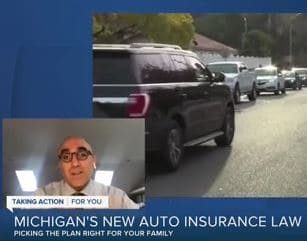
Mark Discusses Michigan No-Fault Law on TV20...
Mark Bernstein joined Channel 7 & TV20 to discuss the Ne Read more…
June 25, 2020
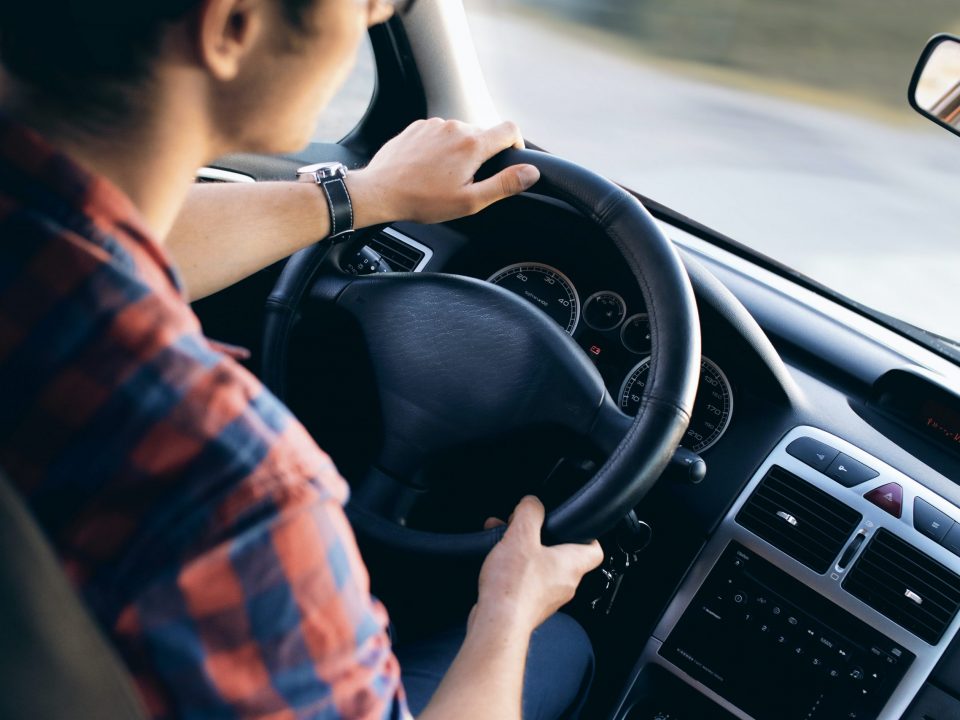
What Every Michigan Driver Should Know About the N...
For decades, Michigan drivers have paid the highest insuranc Read more…
June 22, 2020
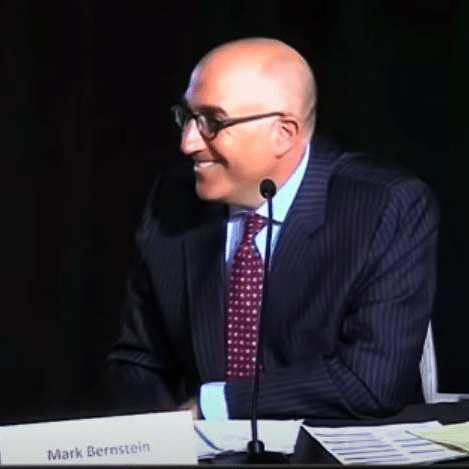
Explaining The New No-Fault Insurance Options...
On Thursday night, Detroit Mayor Mike Duggan hosted a town h Read more…
June 19, 2020
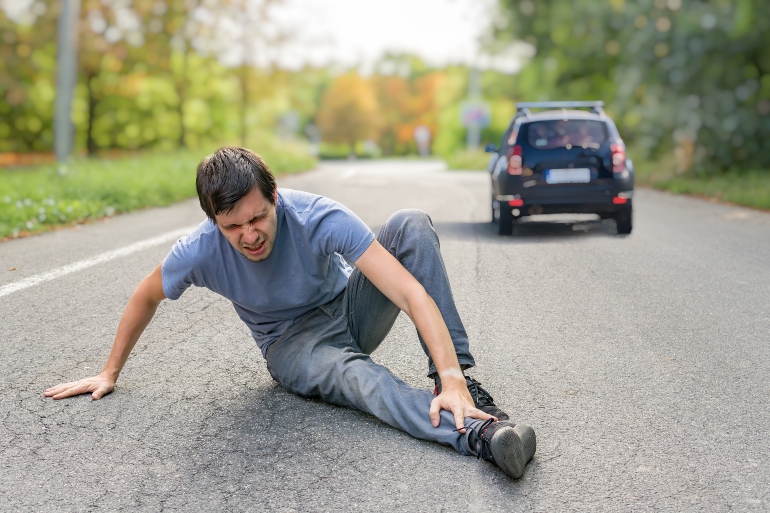
Could the Popularity of SUVs Explain the Rise in P...
Last year, almost 5% more pedestrians died across the U.S. t Read more…
March 24, 2020
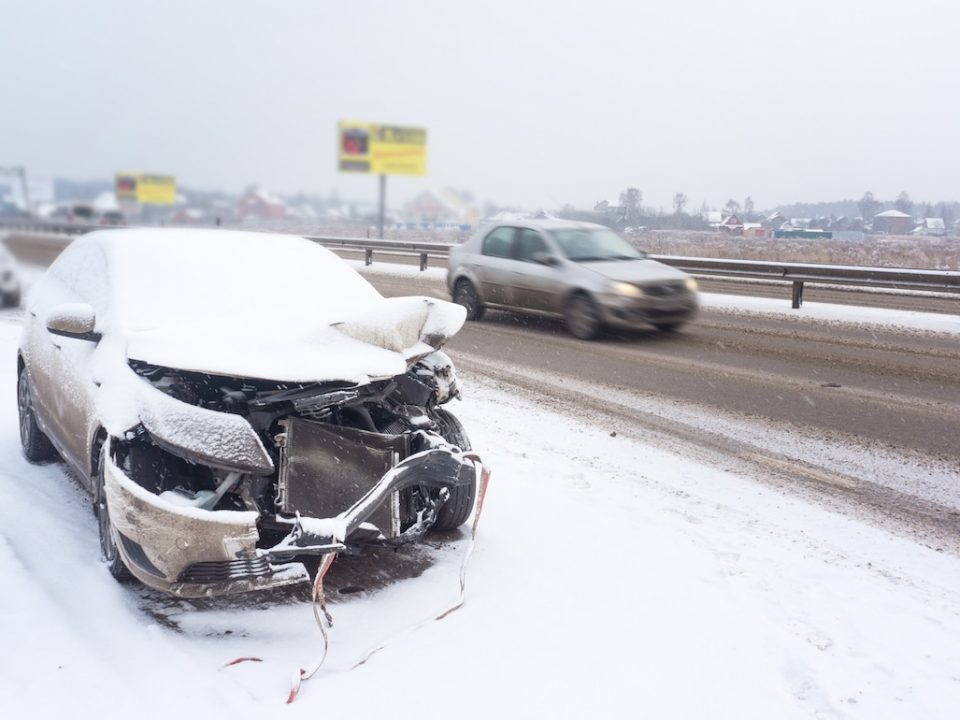
Your Guide to Understanding Michigan No-Fault Insu...
If you are confused about the fine points of Michigan No-Fau Read more…
January 7, 2020

The 5 Michigan Pedestrian Crosswalk Laws You Shoul...
In the last decade, pedestrian deaths have increased by more Read more…
December 17, 2019
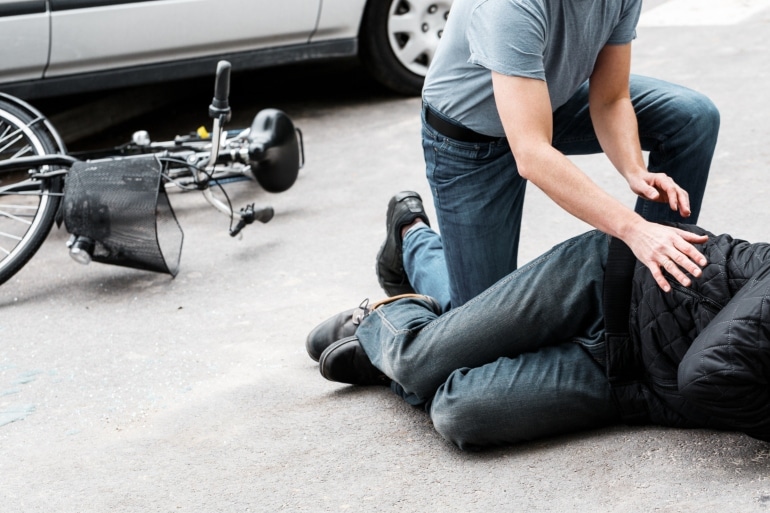
5 Things You Should Know About Pedestrian Accident...
More than 6,200 pedestrians died last year on roadways acros Read more…
July 29, 2019
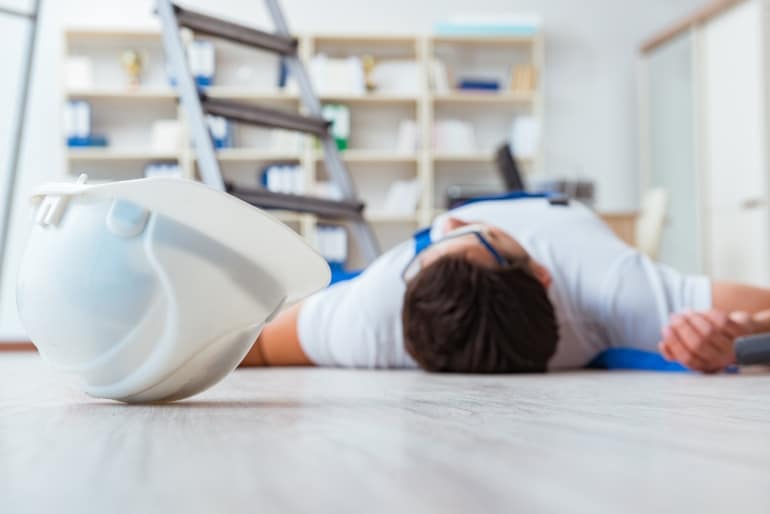
What Is Personal Injury Protection? What You Shoul...
Recently passed No-Fault reforms, which take effect July 1, Read more…
July 29, 2019

What to Do After a Hit and Run Car Accident in Mic...
Earlier this year, a hit-and-run driver struck an 83-year-ol Read more…
April 16, 2019

5 Reasons You May Need a Pedestrian Accident Attor...
Walking has become a risky business, especially on crowded M Read more…
April 15, 2019

3 Ways to Improve Pedestrian Safety in Michigan...
Recent statistics reflect a pedestrian safety crisis that co Read more…
April 2, 2019

Why You Need a Lawyer for Personal Injury Protecti...
Do you understand how personal injury protection in Michigan Read more…


